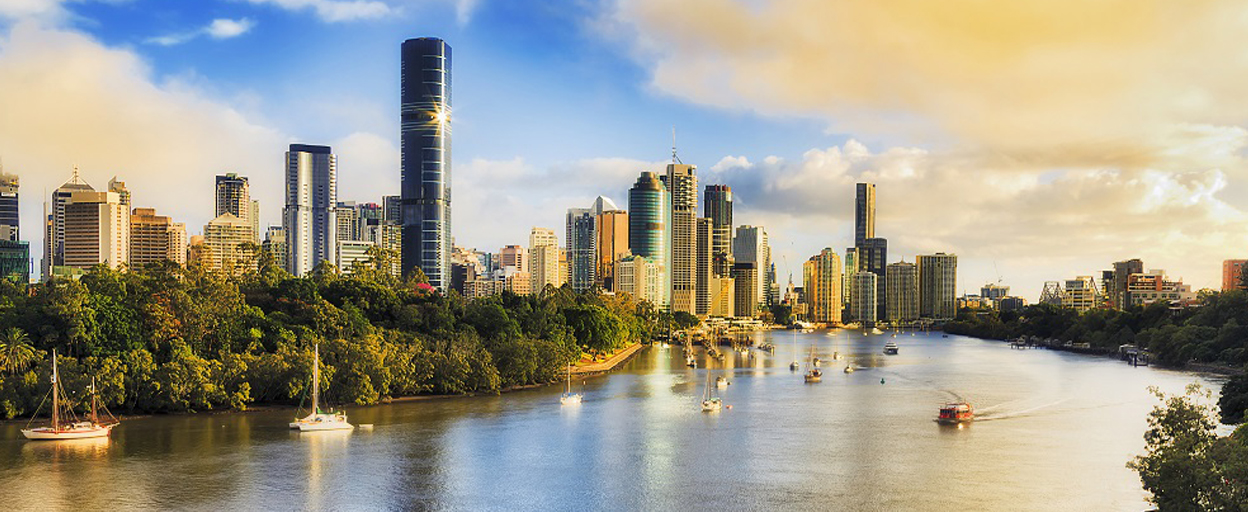- 13 Dec 2022
- 4 min read
- By Claire Ryan
Queensland property market steadies after dizzying heights
Enduring low days on market and higher listings than pre-COVID, are indicative of a property market holding firm, according to the latest quarterly data (September 2022 Qtr) analysed by the Real Estate Institute of Queensland (REIQ).
With extraordinary double-digit annual median sale growth in most regions across Queensland, REIQ CEO Antonia Mercorella said there are plenty of reasons to remain confident in the strength and resilience of property in the sunshine state.
“The average number of days on market in Queensland is now sitting at 19 days, compared to 51 days pre-COVID,” Ms Mercorella said.
“While it got as low as 16 days earlier this year, at less than three weeks during the September quarter it shows buyers still can’t afford sit on their hands if they’re serious about securing a sale.
“It’s somewhat of a relief that the frenzied buying behaviours and bullish offers spurred on by COVID-19 are behind us, but there’s still strong buyer demand and competition for scarce stock that’s driving sales across the line.
“Meanwhile, the number of listings across Queensland this quarter was also up compared to this time last year (120,407 vs 113,387) showing stock, albeit low, is still consistently coming on to the market.
“This tells us that vendors are still feeling confident about selling conditions.”
Ms Mercorella said while quarterly data provided some clues, trends were best observed over several years.
“While a steep interest rate hiking cycle and inflation are starting to slow and turn sales growth this quarter, it’s important to remember that the state’s phenomenal two-year growth spurt is a hard act to follow,” she said.
“For the July-September quarter, the state’s quarterly median house sale price is $645,000, a minimal 0.77% dip from the previous quarter and still represents a 17.43% annual improvement.
“Similarly, the quarterly median unit sale price is $478,750, just 0.47% less than the previous quarter, with double-digit growth of 11.06% over the year.
“We understand that based on looking at three months’ worth of data in isolation, there may be concern, but property is a longer-term investment requiring a long-term view, and certainly looking at annual comparisons paints an entirely different picture.
“Queensland still has all the right fundamentals that are the trademark of a strong property market, including being an incredibly powerful migration magnet, relative affordability advantage compared to southern states, strong demand coupled with low supply, a record tight rental market, and low unemployment.
“These are all factors that will buoy Queensland property prices, and should give buyers confidence when investing in our state.
“In saying that, there’s no denying the dampening effect of rising interest rates on sentiment and borrowing capacity, and until interest rates stabilise, buyers are likely to maintain a more cautious and careful approach.”
Read more from REIQ Media: Rent control not a panacea for rental pain.
Or peruse our list of media releases.
ENDS
Media enquiries:
Claire Ryan, Media and Stakeholder Relations Manager, The Real Estate Institute of Queensland
M: 0417 623 723 E: media@reiq.com.au
You may also like
View All Articles
View All Articles


Start your Real Estate Career
Need help? 1300 697 347 or contact us




